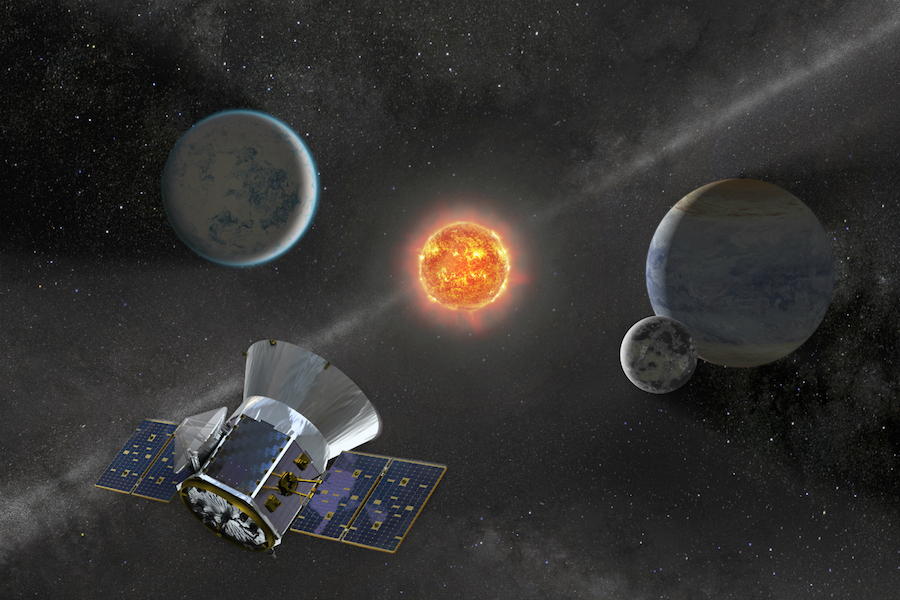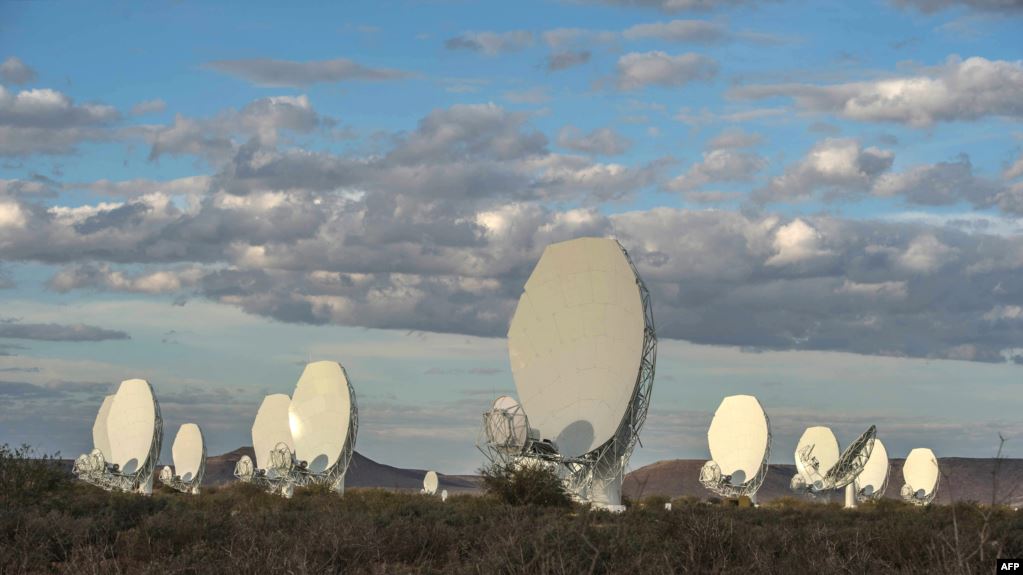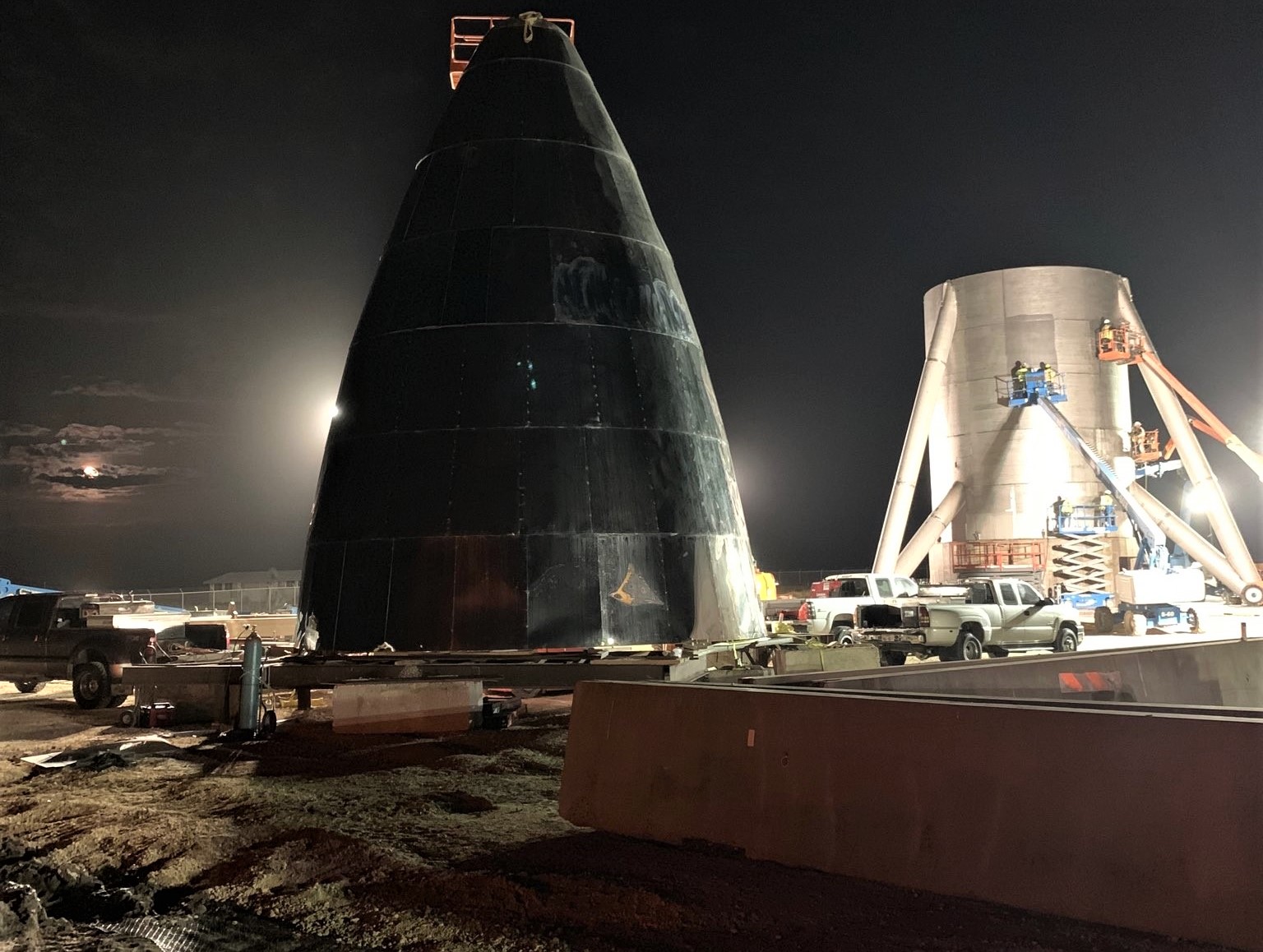Eight days after its historic landing on the far side of the Moon, China’s Chang’e 4 lander has captured its first panoramic image.

The Hubble Space Telescope's has managed to take the most detailed image yet of our Local Group neighbour - the Triangulum galaxy, also known as Messier 33, or NGC 598, located 3 million light years away.

The three confirmed planets discovered so far using TESS are all within 100 light-years of our solar system, substantially closer than the nearly 2,700 validated worlds detected using Kepler.

Astronomers in Canada have detected a mysterious volley of radio waves from far outside our galaxy. What corner of the universe these powerful waves come from and the forces that produced them remain unknown.

Norwegian researchers are developing the self-contained planters that will allow astronauts to grow food in space. They have just completed an experiment that involved growing lettuce for space.

Scientists have found evidence that dark matter can be heated up and moved around, as a result of star formation in galaxies. The findings provide the first observational evidence for the effect known as 'dark matter heating'.

China has now landed its fourth and most ambitious lunar exploration mission on Thursday, January 3, 2019. This is the first mission to land on the far side of the Moon.

Elon Musk recently provided updates on the mini-Starship prototype that will making a test flight next year, including the fact that it will be built from a stainless steel alloy.

A team of space scientists has captured new images of a volcanic plume on Jupiter’s moon Io on Dec. 21, during winter solstice, four of Juno’s cameras captured images of the Jovian moon Io, the most volcanic body in our solar system.

A fresh image from NASA’s New Horizons spacecraft released Tuesday showed the mission’s distant flyby target a billion miles beyond Pluto — nicknamed Ultima Thule — has an elongated shape.

Swedish researchers have devised a new model for the Universe, that may solve the enigma of dark energy. They proposes a new structural concept of a universe that rides on an expanding bubble in an additional dimension.

Technosignatures are what we humans would recognize as signs of technologically-advanced activity of an extraterrestrial intelligence.

A relic cloud of gas, orphaned after the Big Bang, has been discovered in the distant universe by astronomers using the world's most powerful optical telescope, the W. M. Keck Observatory on Maunakea, Hawaii.

New NASA research confirms that Saturn is losing its iconic rings at the maximum rate. The rings have less than 100 million years to live. This is relatively short, compared to Saturn's age of over 4 billion years.

2018 VG18, nicknamed "Farout" is the first known solar system object that has been detected at a distance that is more than 100 times farther than Earth is from the sun.